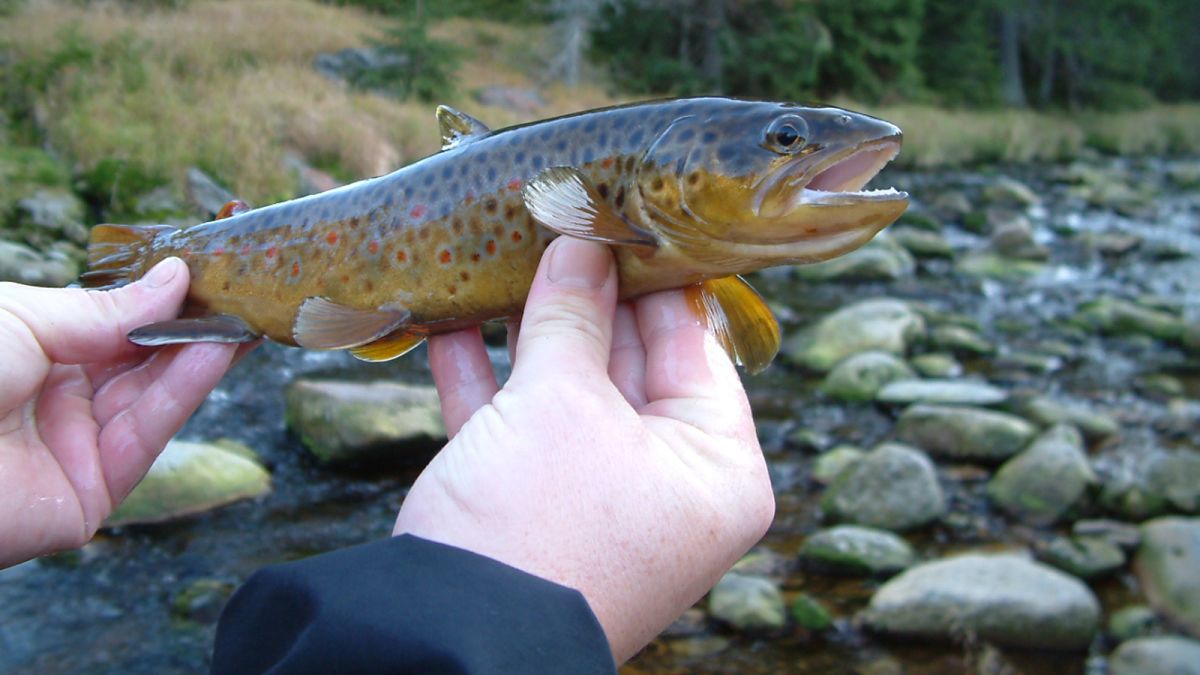Researchers have discovered that animals can become addicted to drugs just like humans, Methamphetamine found in waterways is turning fish into drug addicts.
Methamphetamine found in waterways is turning fish into drug addicts
A team, led by Pavel Horky, a behavioral ecologist at the Czech University of Life Sciences in Prague, wanted to test the theory that drugs found in sewage water could influence the behavior of fish.
They collected freshwater river water containing a level of methamphetamine and poured it into a tank along with 40 brown trout.
The fish were there for eight weeks before being transferred to a clean tank.
In the study, published this week, the fish were given the choice of moving to cleaner water or water filled with methamphetamine.
They chose the last four days after going through the fresh water.
This was done to see if the trout suffered from methamphetamine withdrawal and, judging by their choice to swim in the drug-filled water, it is clear they wanted to get their fix.
Another 40 brown trout were added as a control and it was confirmed that no prior exposure to methamphetamine-laced water guaranteed that they would stay away from it when given the choice.
Interestingly, the methamphetamine-affected fish were less active when going through withdrawal and had traces of the drug in their brains for up to 10 days after their initial exposure.
“These effects could change the functioning of entire ecosystems, as the adverse consequences are significant at both the individual and population levels.”
The researchers are concerned that wastewater treatment plants regularly distribute this type of drug-filled water into the wild.
If this is done, it could disrupt the entire ecosystem and cause incalculable damage.




